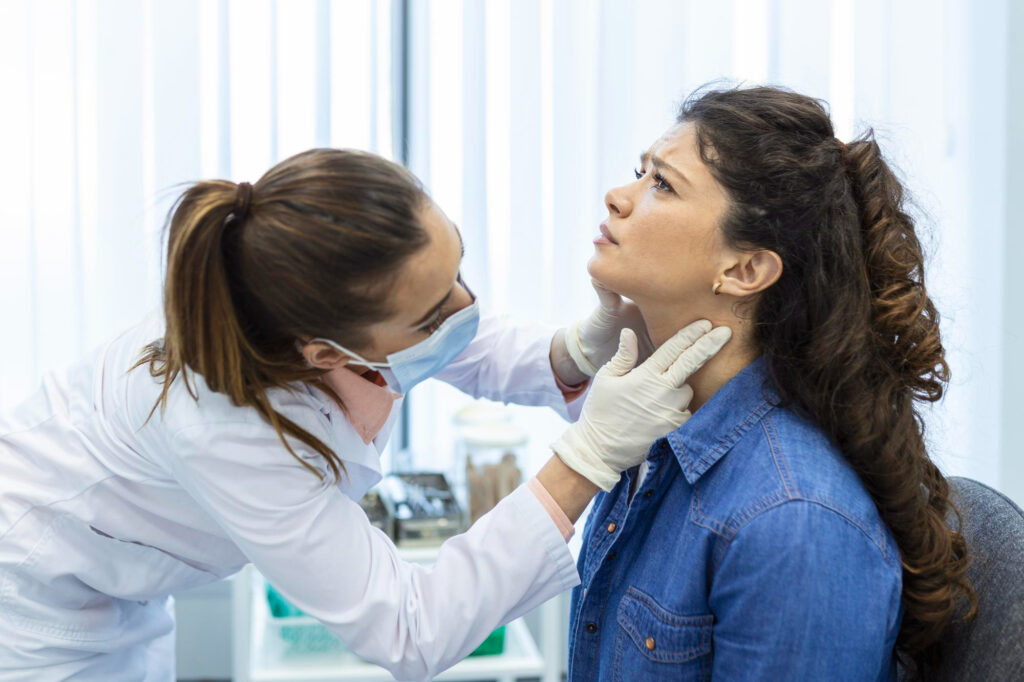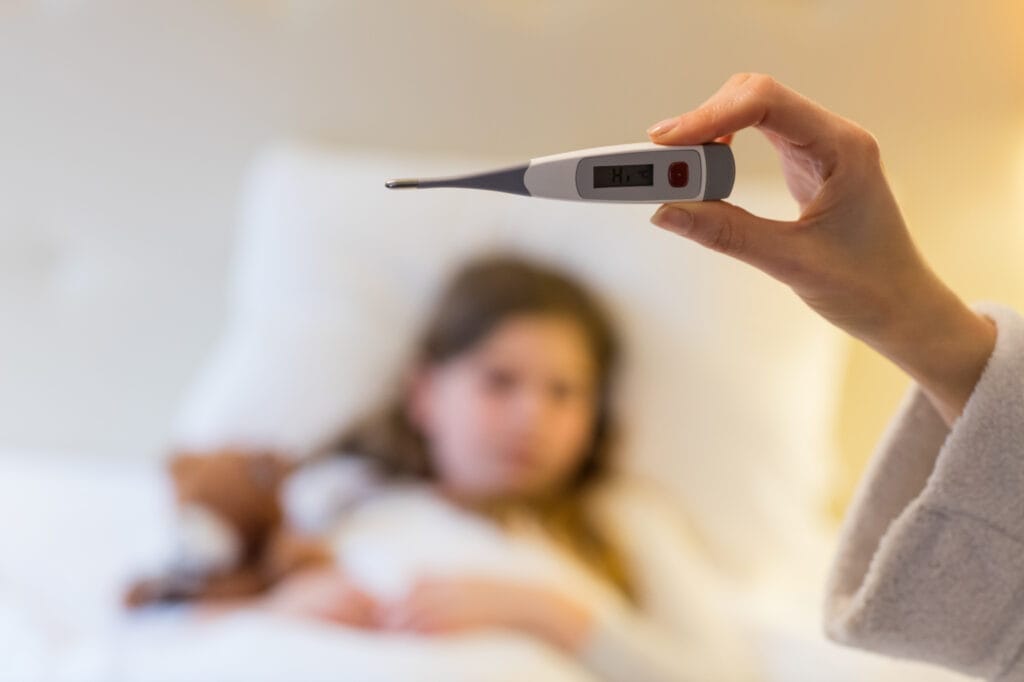
According to the announcement made by the Virginia Department of Health, five people in the state of Virginia have passed away as a result of complications caused by outbreak of meningococcal disease.
Since June 2022, the Department of Health and Human Resources in Virginia has received reports of twenty-seven instances of the sickness that is caused by the bacteria Neisseria meningitidis type Y. These cases have been recorded in eastern, central, and southwest Virginia.
According to the Virginia Health Department, the majority of the case patients are individuals of African or African American descent who are between the ages of 30 and 60. Out of the 27 people who were diagnosed with Neisseria meningitidis type Y, only one was vaccinated against the disease.
Wednesday’s news release from the department included the following statement: “This development is three times as many cases as we expected to see during this time period.”
According to the Virginia Health Department, the strain that has been linked to this outbreak is one that is known to be circulating more broadly throughout the United States.
According to the announcement, the majority of the illnesses have been reported from residents in eastern Virginia, where it was reported for the first time in September 2022 that a regional outbreak had occurred. In the most recent warning issued by the government in March 2023, prior to the notification issued on Wednesday, there were a total of 12 cases and three fatalities documented.
What is Meningococcal Disease?
Neisseria meningitidis, or meningococcus, is a bacteria that causes an infection known as meningococcal disease. Severe conditions including meningitis and septicemia (blood poisoning) are caused by this bacterium. Septicemia is an infection of the bloodstream, whereas meningitis is an inflammation of the membranes that surround the brain and spinal cord.
Meningococcal Disease Subtypes
Numerous serogroups have been established for the various Neisseria meningitidis strains. A, B, C, W, X, and Y are the most prevalent serogroups that trigger illness in humans. The prevalence and severity of each serogroup can differ among areas and demographics.
How to Recognize the Signs
Meningococcal illness treatment is most effective when started right away when symptoms are noticed. Typical signs and symptoms include:

The initial symptom of the sickness is generally a rapid, high fever.
Meningitis can cause a stiff neck and soreness when touching the chin to the chest.
Another common symptom is a severe and persistent headache.
It’s possible that you’ll have nausea, vomiting, and general unease.
A significant symptom of the disease is a rash of dark purple or red patches that do not fade under pressure (the glass tumbler test).
Meningococcal disease can produce photophobia, or sensitivity to light, in its victims.
The symptoms of a serious illness can include altered mental state, such as confusion, anger, or difficulty waking up.
Meningococcal Disease Transmission
The bacteria that cause meningitis are commonly spread by a person’s coughing or sneezing. This can happen when people come into close contact with one another through activities like kissing or sharing eating utensils, or when they cough or sneeze.
Who is at Threat?
- Meningococcal illness can strike anyone, however particular populations are more likely to be affected.
- Young children are especially vulnerable since their immune systems are still developing.
- College students and military recruits living in close quarters are at a higher risk, as are other young adults.
- Those going to hotspots for meningococcal disease should be vaccinated.
- Those with compromised immune systems, such as those with HIV or complement deficits, are at a higher risk of infection.
Safety Precautions
Vaccination
The best approach to protect against meningococcal disease is to be vaccinated. Vaccines against various serogroups are readily available. Children and teens should get immunized regularly.
Correct Hygiene
Hand-washing and other forms of excellent hygiene can help prevent the spread of disease, especially in congested areas.
Staying Away From Each Other
To stop the spread of the disease, you should keep your distance from sick people. Avoid letting others borrow your personal belongings.
Treatment
If meningococcal illness is suspected, immediate medical intervention is required. Antibiotics are commonly used in treatment because they are effective against bacteria. Fluid replacement and pain medication are examples of supportive care that may be required.
Without proper treatment, meningococcal disease can have devastating consequences. The key to lowering the prevalence of this disease is recognizing the symptoms, knowing the risk factors, and taking preventative measures like vaccination. Protecting ourselves and our loved ones from the potentially fatal effects of meningococcal disease requires knowledge of the disease and the adoption of preventative measures.